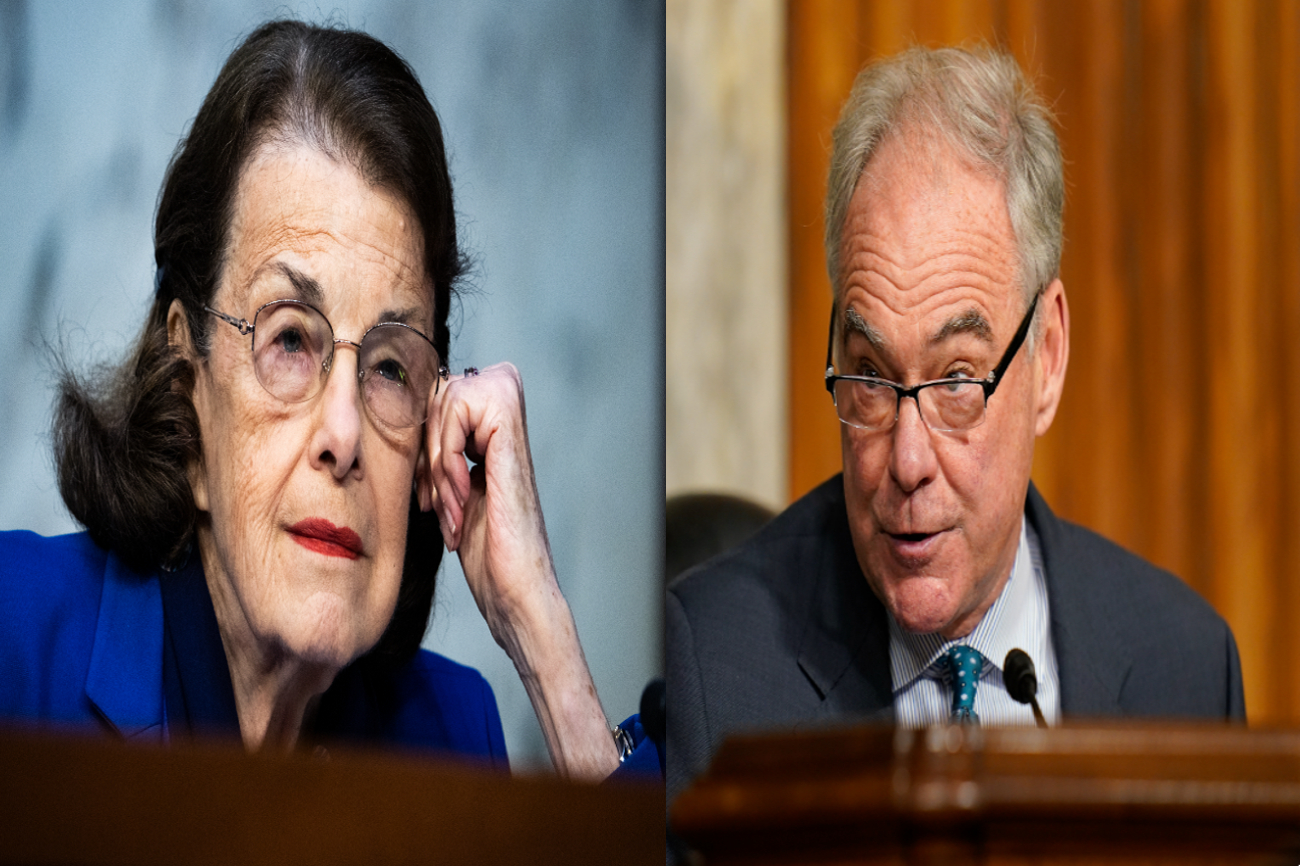
Then-President Trump shown here on Oct. 3, 2020 after testing positive for COVID-19. That same month Trump signed an executive order establishing a new Schedule F within the federal government’s excepted service for federal workers in policy-related jobs and exempting their positions from most civil service rules. Joyce N. Boghosian/The White House via Getty Images
Year of the Living Dead: How Schedule F Continued to Threaten to Upend the Civil Service in 2022
The Trump administration’s abortive effort to strip thousands of federal workers of their civil service protections continues to cast its shadow on government.
As lawmakers flew home for the Christmas break last week, following weeks of intense negotiations over a pair of must-pass bills, one issue left unresolved was an effort to block the revival of a dead initiative that aimed to strip tens of thousands of federal employees of their civil service protections.
Although never implemented, Schedule F is considered by many federal employee groups, good government nonprofits and policy experts to be an ongoing existential threat to the nonpartisan administration of government services that has been in place since the passage of the Pendleton Act of 1883.
In October 2020, then-President Trump signed an executive order establishing a new Schedule F within the federal government’s excepted service for federal workers in policy-related jobs and exempting their positions from most civil service rules. The edict ordered agencies to identify positions that would qualify for the new job classification and convert employees in those jobs to Schedule F, effectively making them at-will employees.
Although some agencies had begun work on the process of finding and requesting permission to proceed from the Office of Personnel Management—and the Office of Management and Budget received the go ahead to convert 68% of its workforce to the new job classification—ultimately there wasn’t enough time to implement the order before President Biden was inaugurated. Biden then quickly rescinded Trump’s executive order.
Fast forward to earlier this year. After around 18 months of quiet, reports revealed that former Trump administration and conservative think tank staffers had continued working on Schedule F all along, with plans to reimplement the initiative immediately upon the election of the next Republican president. The activists had gone so far as to identify 50,000 federal workers who could be immediately moved to Schedule F and then threatened with removal.
That, coupled with the former president’s endorsement of the plan at a rally, prompted renewed focus on the policy in Congress. Trump has since announced he will run for president again in 2024.
House Democrats on two occasions passed legislation that would block the president from unilaterally creating new job classifications, including Schedule F, without advanced approval from Congress, first as part of its initial version of the annual National Defense Authorization Act in July, and again as a standalone bill in September.
But the issue of federal employees’ civil service protections also drew renewed interest on the Republican side of the aisle as well. A cadre of 14 of the most conservative Republicans introduced their own measure in July, entitled the Public Service Reform Act. That bill would make the entire federal workforce at-will employees, strip them of most of the tools available to appeal adverse personnel actions and abolish the Merit Systems Protection Board.

Despite the efforts of Sens. Tim Kaine, D-Va., and Dianne Feinstein, D-Calif., the momentum to prevent the return of Schedule F faltered in the Senate, however. The lawmakers introduced companion legislation to the Preventing a Patronage System Act both as a bill and as an amendment to the NDAA, but neither advanced within the chamber.
In November, Kaine expressed optimism that he would be able to secure a floor vote on the measure, as an amendment either to the NDAA or the omnibus spending package to keep the government open until next September. But with the thousands of proposed amendments to both bills and the crush to negotiate an agreement to get both must-pass bills across the finish line before the end of the year, he was unsuccessful.
Those two bills marked the last chance for Congress to send the legislation to Biden’s desk for enactment, with the House going under Republican control next month. Good government groups and academics have warned that without a law preventing its return, Schedule F will continue to loom over the federal workforce.
NEXT STORY: GovExec Daily: 2022 In Review







